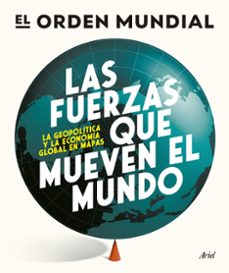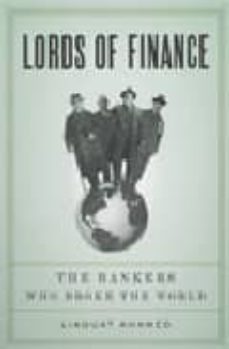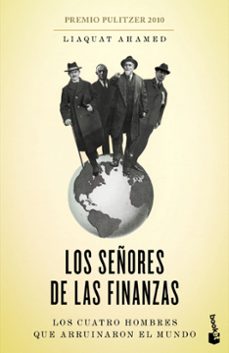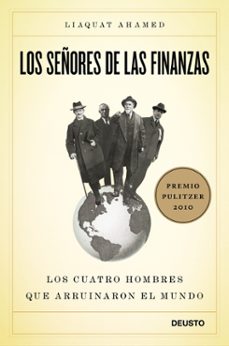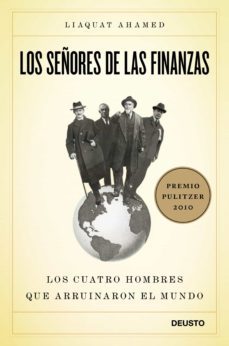Imprescindibles
Ficción
No Ficción
Ciencias y tecnología Biología Ciencias Ciencias naturales Divulgación científica Informática Ingeniería Matemáticas Medicina Salud y dietas Filología Biblioteconomía Estudios filológicos Estudios lingüísticos Estudios literarios Historia y crítica de la Literatura
Humanidades Autoayuda y espiritualidad Ciencias humanas Derecho Economía y Empresa Psicología y Pedagogía Filosofía Sociología Historia Arqueología Biografías Historia de España Historia Universal Historia por países
Infantil
Juvenil
#Jóvenes lectores Narrativa juvenil Clásicos adaptados Libros Wattpad Libros Booktok Libros de influencers Libros de Youtubers Libros Spicy Juveniles Libros LGTBIQ+ Temas sociales Libros ciencia ficción Libros de acción y aventura Cómic y manga juvenil Cómic juvenil Manga Shonen Manga Shojo Autores destacados Jennifer L. Armentrout Eloy Moreno Nerea Llanes Hannah Nicole Maehrer
Libros de fantasía Cozy Fantasy Dark academia Hadas y Fae Romantasy Royal Fantasy Urban Fantasy Vampiros y hombres lobo Otros Misterio y terror Cozy mistery Policiaca Spooky Terror Thriller y suspense Otros
Libros románticos y de amor Dark Romance Clean Romance Cowboy Romance Mafia y amor Romance dramatico Romcom libros Sport Romance Otros Clichés Enemies to Lovers Friends to Lovers Hermanastros Slow Burn Fake Dating Triángulo amoroso
Cómic y manga
Novela gráfica Novela gráfica americana Novela gráfica europea Novela gráfica de otros países Personajes, series y sagas Series y sagas Star Wars Superhéroes Cómics DC Cómics Marvel Cómics otros superhéroes Cómics Valiant
eBooks
Literatura Contemporánea Narrativa fantástica Novela de ciencia ficción Novela de terror Novela histórica Novela negra Novela romántica y erótica Juvenil Más de 13 años Más de 15 años Infantil eBooks infantiles
Humanidades Autoayuda y espiritualidad Ciencias humanas Economía y Empresa Psicología y Pedagogía Filosofía Historia Historia de España Historia Universal Arte Cine Música Historia del arte
Ciencia y tecnología Ciencias naturales Divulgación científica Medicina Salud y dietas Filología Estudios lingüísticos Estudios literarios Historia y crítica de la Literatura Estilo de vida Cocina Guías de viaje Ocio y deportes
Liaquat Ahamed
Liaquat Ahamed es un economista formado en las universidades de Harvard y Cambridge. Trabajó como inversor financiero durante 25 años y ha sido asesor del Banco Mundial y director general de Fischer Francis Trees and Watts. Actualmente ejerce de consultor para numerosos fondos de inversión, entre los que se incluyen el Rock Creek Group y el Rohatyn Group. Es también director de la Aspen Insurance Co. y está en el consejo de administración de la Brookings Institution.
Recibe novedades de LIAQUAT AHAMED directamente en tu email
Filtros
Del 1 al 4 de 4
PENGUIN PRESS, USA 9781594201820
It is commonly believed that the Great Depression that began in 1929 resulted from a confluence of events beyond any one person's or government's control. In fact, as Liaquat Ahamed reveals, it was the decisions taken by a small number of central bankers that were the primary cause of the economic meltdown, the effects of which set the stage for World War II and reverberated for decades. In Lords of Finance, we meet the neurotic and enigmatic Montagu Norman of the Bank of England, the xenophobic and suspicious Émile Moreau of the Banque de France, the arrogant yet brilliant Hjalmar Schacht of the Reichsbank, and Benjamin Strong of the Federal Reserve Bank of New York, whose façade of energy and drive masked a deeply wounded and overburdened man. After the First World War, these central bankers attempted to reconstruct the world of international finance. Despite their differences, they were united by a common fear—that the greatest threat to capitalism was inflation— and by a common vision that the solution was to turn back the clock and return the world to the gold standard.
Ver más
Tapa dura
Booket 9788423412891
Premio Pulitzer 2010.
"Una obra magistral que nos sumerge en un mundo que nunca debió haber desaparecido de nuestra memoria" The New York Times Book Review.
Los señores de la
Ver más
Bolsillo
Deusto 9788423427871
“Una obra magistral que nos sumerge en un mundo que nunca debió haber desaparecido de nuestra memoria” The New York Times Book Review %13Premio Pulitzer 2010%13Los señores de las finanzas es una obr
Ver más
Tapa blanda
DEUSTO S.A. EDICIONES 9788423427536
Los señores de las finanzas es una obra magistral que nos sumerge en una época y unos personajes que nos dan una perspectiva única de la situación económica actual.
En el año 29 se produjo una de
Ver más
eBook
Del 1 al 4 de 4





